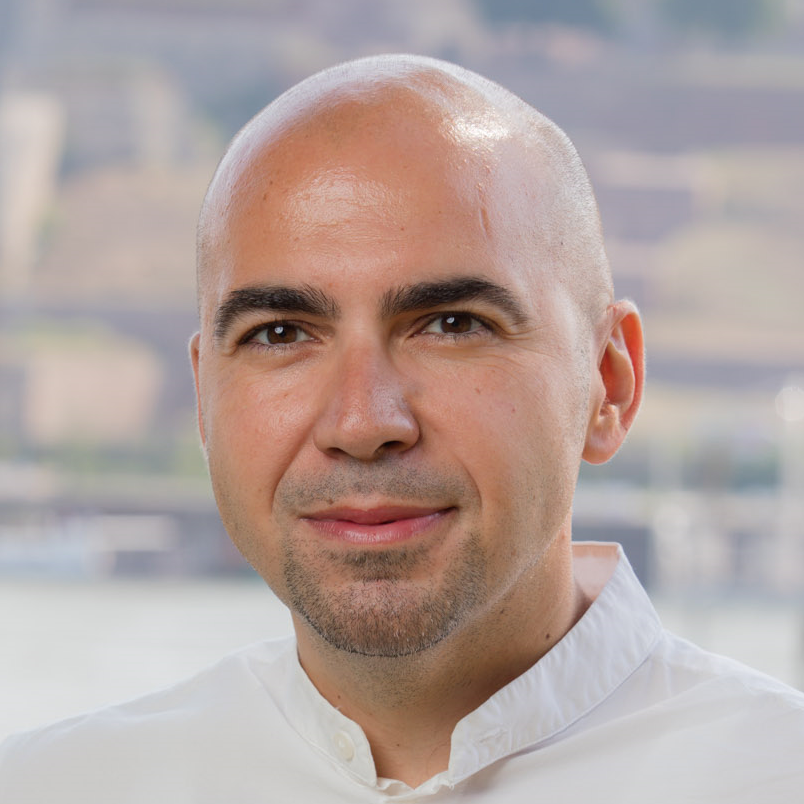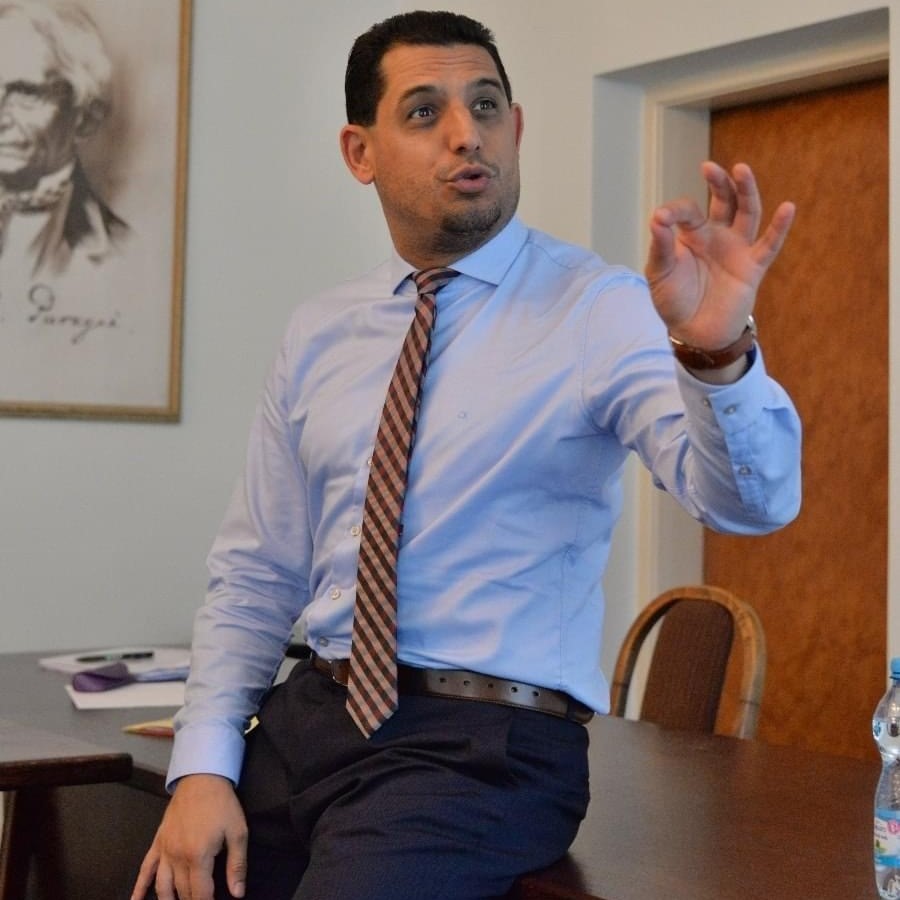Academic Panel 3: State Capture and Security In Serbia (In partnership With OSCE Mission to Serbia)
Abstracts:
State Capture of and by Security Services in Serbia
Two decades after the overthrow of autocratic regime of Slobodan Milosevic security services are not only far from being reformed but they play central role in what many academics, policy officials and security practitioners describe as a state capture. They are both one of the first victims of state capture and one of the major instruments in further capturing state institutions. However, this didn’t happen overnight, but it is instead a product of a series of both unintended and intended consequences caused by political elites in Serbia. Therefore, the first aim of this paper is to map, describe and analyze events and processes that have led to these outcomes. We will therefore identify key actors and their interests, as well as the factors that influenced their decision making both positively and negatively.
Central argument of this paper is that Serbia after the defeat of the autocratic regime had missed several key moments (critical junctures) for reforming security services in a thorough manner in accordance with the rule of law and democratic standards which all together in a new political context resulted in a state capture. The first and the most important critical juncture was the overthrow of Slobodan Milosevic when leading political parties of DOS coalition – Democratic Party and Democratic Party of Serbia had decided to make an informal deals with parts of security services for the sake of avoiding bloodshed but also for having „their own” intelligence that could be used in inter political competition. Once established, informal institutions are very difficult to dismantle which is even more true for intelligence services which are by default attuned to informalities. In a new political context marked by political parties that challenge formal rules and institutions unreformed security services are not the victim but a natural partner of actors in a state capture. Actually, state capture itself becomes one big intelligence operation by political elites in the case of Serbia.
Author: Predrag Petrović, Programme Director, Belgrade Centre for Security Policy
‘Our brothers’, ‘our saviours’: The importance of Chinese investment for the Serbian government’s narrative of economic rebound as an integral part of its state capture strategy
In which way has Serbia’s increasing economic cooperation with non-Western actors been used as a way to further a ‘winning’ narrative by the Serbian Progressive Party (SNS) for the legitimisation and the consolidation of their power (2012-2020)? And, how has this played out in the case of the actor that has increased its economic ties with Serbia most strongly in the late 2010s – China? These are the two main questions addressed in this paper. While the importance of the economic narrative for Aleksandar Vučić’s political parties is established in the literature (Stefanović 2008; Economides and Ker-Lindsay 2015), an appreciation of how this has changed over time is lacking. Furthermore, there has been no meaningful attempt, so far, to put this topic of ‘economic renaissance’ in conversation with the relations with external actors: this is a significant gap in the literature, considering that the ‘salvific’ benefits of economic help from abroad have been repeatedly highlighted by the Serbian leadership.
It is argued that, under the leadership of Aleksandar Vučić, the Serbian state has pursued a strategy of ‘sitting on several stools’. While the ‘two-stools’ strategy ascribed to Vučić is usually conceived as a dual choice between the West and the East (Poltermann 2014, EIU 2016), it is here argued that Serbia’s ruling party (SNS) has been pursuing a narrative that goes beyond this dualism, choosing, instead, to have a wide spectrum of allies to rely on. The ability of drawing funds from several countries, the possibility of presenting this as a success with the domestic and the international audiences, as well as the implicit threat to the EU (‘if you do not court us enough, we have other partners to rely on’) have been a key feature of Vučić’s rule. The increasing importance of China for Serbia, throughout the decade of the 2010s and from 2016 especially, should therefore be seen within this wider context.
Author: Tena Prelec, Expert, Balkans in Europe Policy Advisory Group (BiEPAG), Research Fellow, Department of Politics and International Relations, University of Oxford
Capture the State Capturer of Serbia
The paper examines possible frontrunners, their roles, and connections in the process of state capturing of Serbia after the assassination of the first democratic President of the Government in 2003. The aim is to discover who and in what way led and boosted the abuse of state institutions, laws, and regulations for personal gains instead of the public good. When examining the state capture progression, the paper will make a distinction between two likely capturers revealed in literature review – organized crime and economic or political elites, with a focus on security sector leaders. The authors analyze and compare understanding, forms, and possible personal experience of state capturing based on at least ten interviews with the prosecutor, judge, ruling and opposition party representative, journalist, civil society activist, and academia professor or researcher, international community representative, and domestic and foreign entrepreneur. In the end, the paper introduces short-term and long-term recommendations for uncapturing the state in Serbia.
Authors: Saša Đorđević, PhD Candidate, Faculty of Criminal Justice and Security, University of Maribor and Bojan Dobovšek, Full Professor of Criminology at the Faculty of Criminal Justice and Security, University of Maribor, Slovenia





